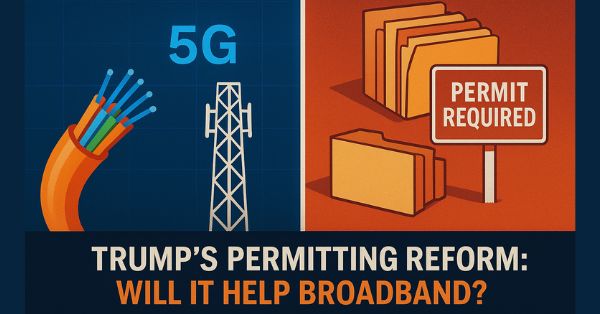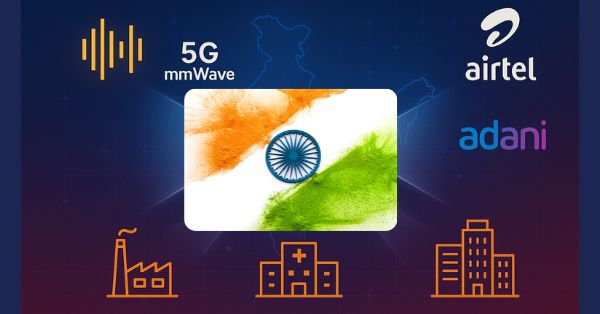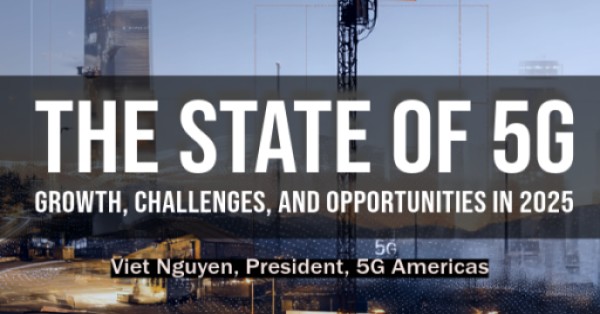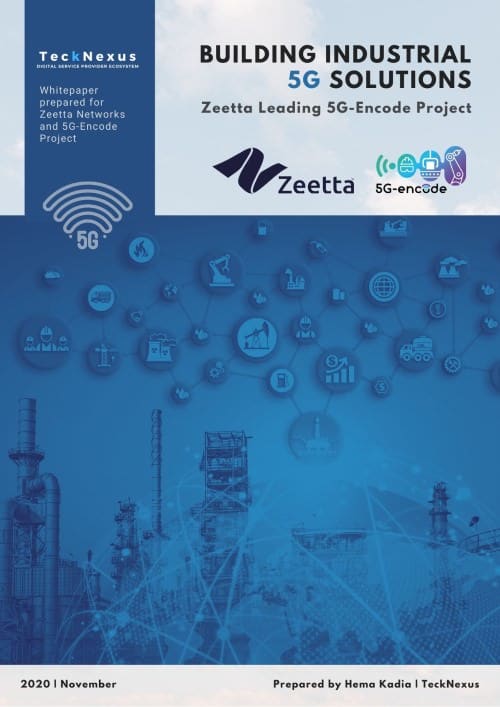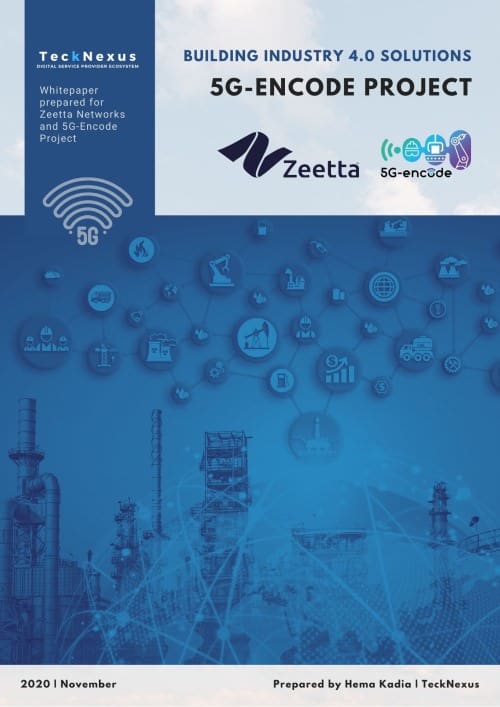In a collaboration aimed at propelling the automotive industry forward, Verizon Business has partnered with Audi AG to develop a state-of-the-art private 5G network at Audi’s automotive testing facility in Neustadt, Germany. This venture is set to revolutionize the way automotive connectivity is tested, providing a highly technical environment designed to simulate a variety of network conditions from around the world, ultimately benefiting Audi and the broader Volkswagen Group.
Located near Ingolstadt, this facility is poised to harness an array of sophisticated technologies. A standout feature is the integration of a dual 5G and LTE Modular Private Wireless platform provided by Nokia. The deployment of private multi-access edge complements this compute (MEC) capabilities through Amazon Web Services, ensuring low latency and high-speed data processing at the network’s edge. The inclusion of real-time video and data transmission technology from Smart Mobile Labs, alongside C-V2X communication solutions, underscores the commitment to a broad spectrum of mobile and automotive applications. These range from voice and data services to autonomous mobility and enhanced safety features.
At the heart of this initiative lies the dynamic multi-core network, which seamlessly integrates the onsite private network with virtual replications of Verizon’s public network in the United States, various European networks, and the networks of Audi’s Mobile Virtual Network Operator (MVNO) partners in the Asia-Pacific region. This unique setup is engineered to provide Audi with a competitive advantage, enabling the brand to conduct extensive research and development testing across multiple territories. The aim is to create a testing environment that closely mirrors real-world driving conditions across various international locales, ensuring that Audi vehicles deliver optimal performance globally.
This partnership reflects a significant shift within the automotive sector towards the adoption of software-defined vehicles, emphasizing the critical role of geographic flexibility and technological innovation. The Neustadt test track is envisioned to be a central hub for exploring a wide array of applications, including voice communication, video streaming, safety enhancements, autonomous driving capabilities, vehicle-to-cloud communication, and cellular vehicle-to-everything (C-V2X) functionalities.
To achieve this ambitious goal, Verizon Business has assembled a robust ecosystem of partners, with significant contributions from Nokia for its advanced 5G and LTE technologies, AWS Outposts from Amazon Web Services for C-V2X and private MEC infrastructure, and Smart Mobile Labs for its cutting-edge real-time video and data transmission technology.
Petr Kozak, Head of Development for Infotainment, Connectivity, Data Management, and Artificial Intelligence at Audi AG, lauded the comprehensive solution crafted by Verizon Business. He highlighted the expected benefits, such as significant reductions in testing times and costs, and a fortified position in the global marketplace.
TJ Fox, SVP of IIoT and Automotive at Verizon Business, shared insights into the project’s broader ambitions. He emphasized the evolving function of vehicles as comprehensive platforms for communication, entertainment, education, and work, akin to mobile computing and communication devices. This perspective underscores the importance of ensuring that automotive technologies are reliable under a variety of network conditions—an objective this advanced testing facility is designed to meet.
Verizon Business is set to take full responsibility for the delivery, maintenance, and support of this high-performance, stable, and secure private LTE/5G network. This commitment includes ensuring the network’s adaptability to ongoing advancements and changes in the 3GPP standard, guaranteeing that the testing facility remains at the forefront of technological innovation and automotive excellence.







